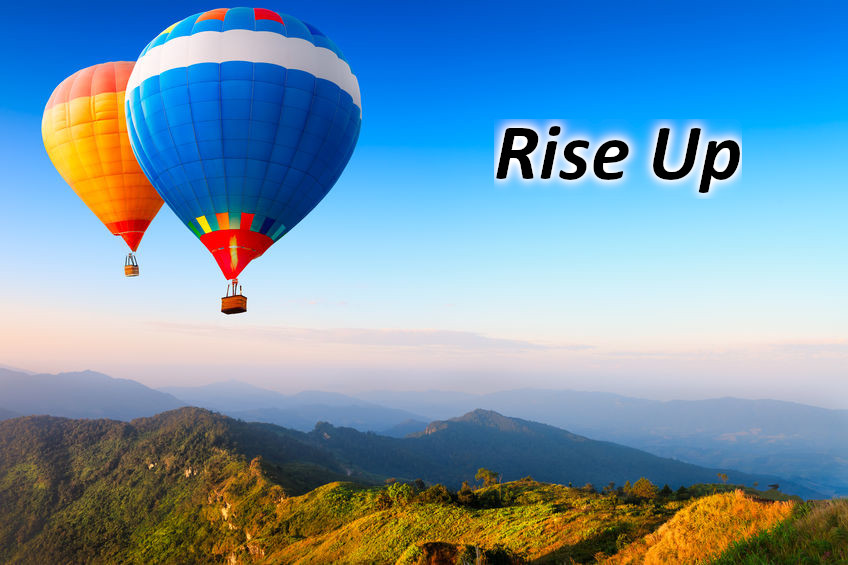Learning to Rise

In this month’s social media series of three, we continue to focus on the concepts and ideas from Brené Brown’s newest book, Dare to Lead. So far, we have explored Rumbling with Vulnerability and Clear is Kind. In this section, we will focus on Learning to Rise.
This quote from Brené sets the stage for her concept of learning to rise.
“When we have the courage to walk into our story and own it, we get to write the ending.
And, when we don’t own our stories of failure, setbacks, and hurt – they own us.”
Brené’s research shows that leaders who are trained in rising skills as a part of a courage-building program are more likely to engage in courageous behaviors because they know how to get back up. And, that is why Brené proposes that we teach falling and failing upfront as a part of onboarding. Further, that we embrace failure as a learning opportunity. The research shows that participants who have the highest levels of resilience can get back up after a disappointment or a fall, and they are more courageous and tenacious as a result of it. They are risers!
The process these “risers” use has three parts:
- The Reckoning – The reckoning is as simple as knowing that we’re emotionally hooked and then getting curious about it. We might hear ourselves saying things such as, “How did I get in this room?” or “My stomach is in knots” or “I can’t stop playing that conversation over and over again in my head.” While this may sound simple, Brené says few people make it through this stage because instead of feeling our emotions, we offload them. On pages 252 thru 255, she offers the six most common offloading strategies that derail us.
- The Rumble – If the reckoning is how we walk into our tough story, the rumble is where we go to the mat with it and own it. The rumble starts with something we have taught you – In the absence of data (certainty), we will always make up stories. To avoid that, here are questions that risers rumble with:
- What more do I need to learn and understand about the situation?
- What more do I need to learn and understand about the other people in the story?
- What more do I need to learn and understand about myself?
The three most dangerous stories we can make up are the narratives that diminish our lovability, divinity, and creativity.
- The Revolution – Courage is rebellion. Additionally, in 2010 Brené said, “Revolution might sound a little dramatic, but in this world, choosing authenticity and worthiness is an absolute act of resistance. Choosing to live and love with our whole hearts is an act of defiance.” It will require us to be brave and afraid at the same time . . . “brave, afraid, and very, very alive.”
What story are you rewriting?
How are you being a Riser?
Brown, B. (2018). Dare to Lead: Brave Work. Tough Conversations. Whole Hearts. New York: Random House.